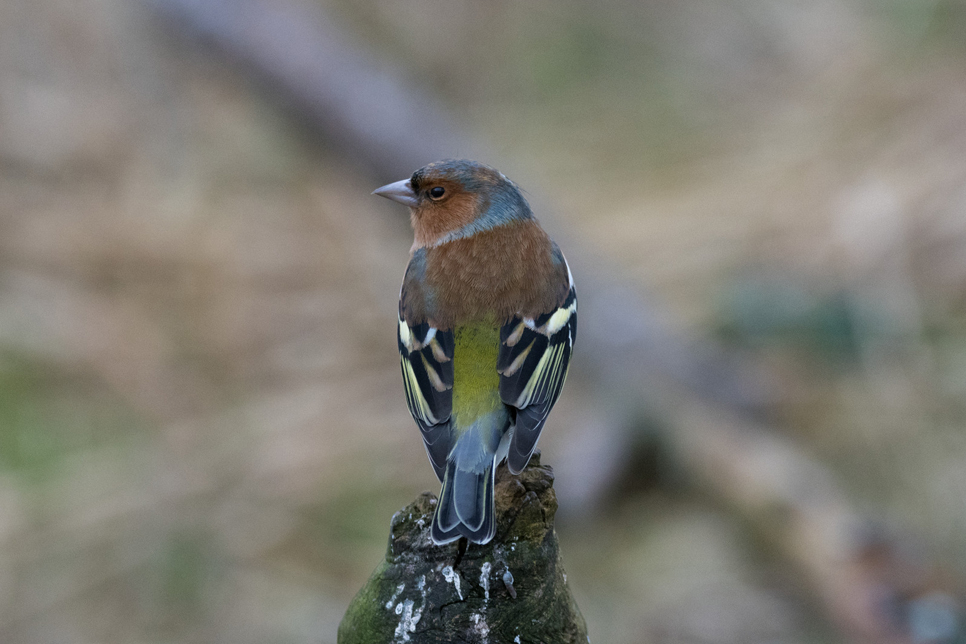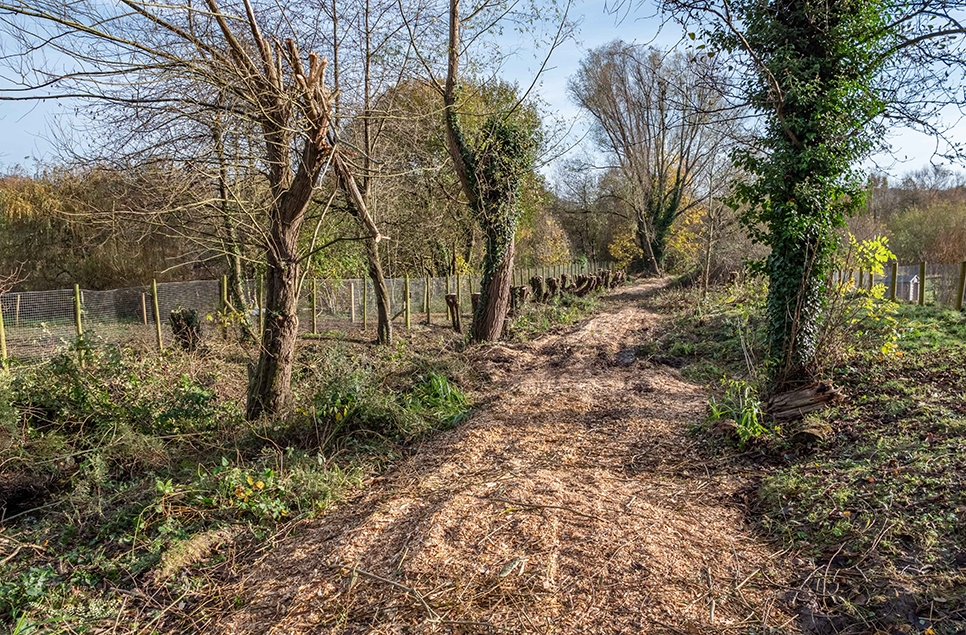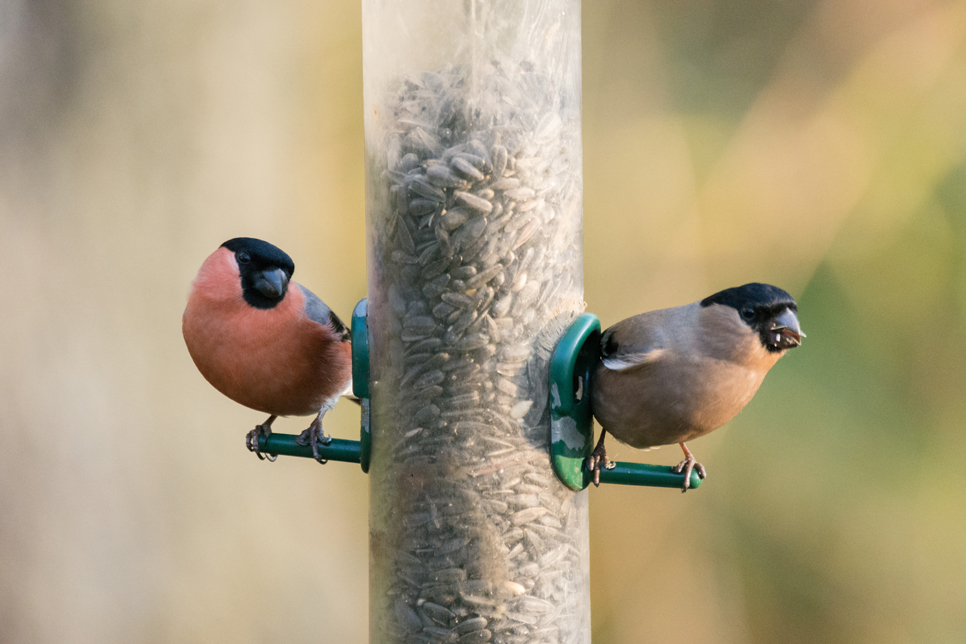Avocet numbers reach new record high
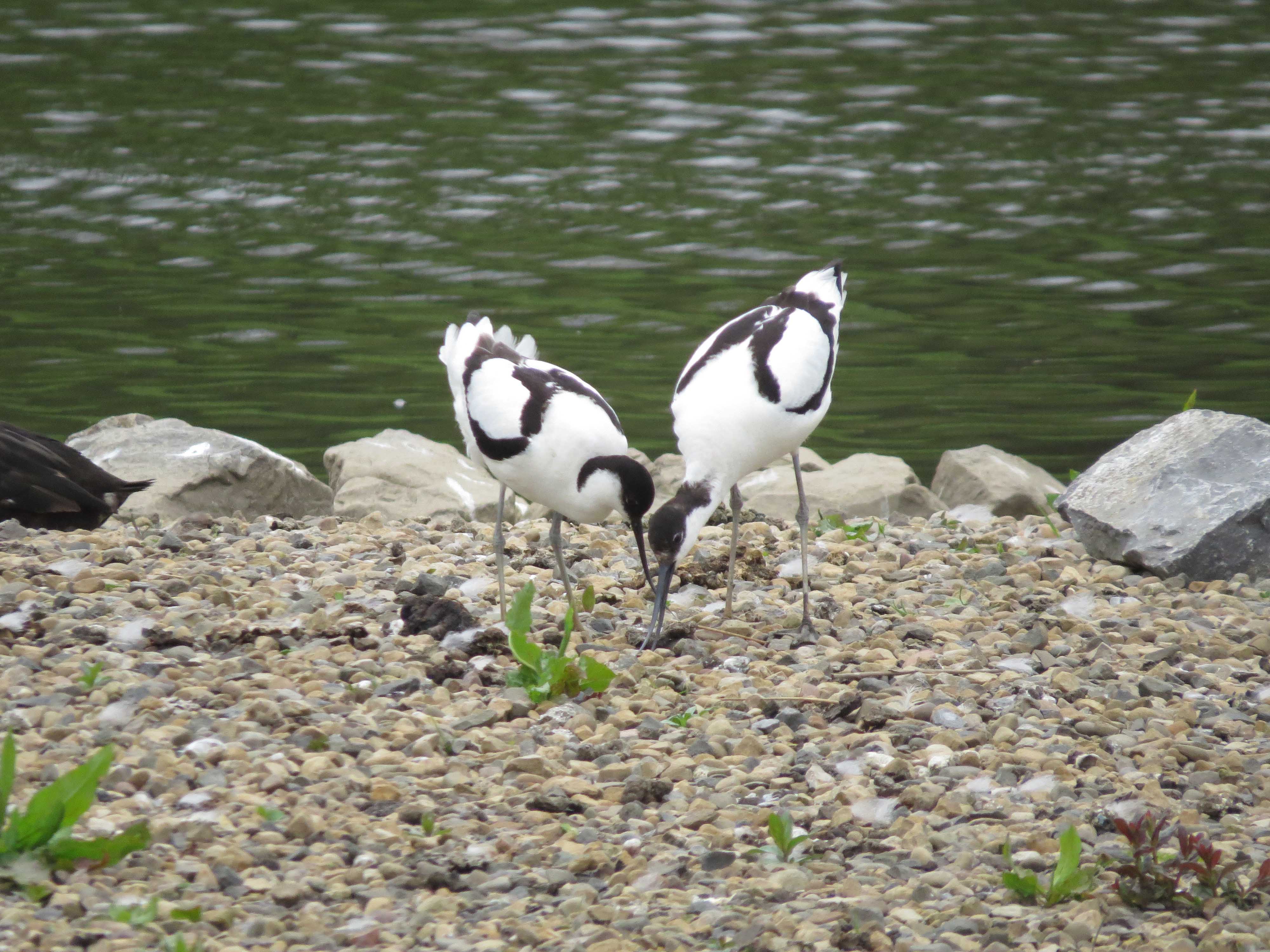 Regionally rare avocets have achieved a site history as the highest number has been recorded on site this year.
Regionally rare avocets have achieved a site history as the highest number has been recorded on site this year.
WWT Washington Wetland Centre welcomed the first of its iconic wading birds of the season on 4 March, with numbers fluctuating over the following months. The latest sighting today has seen 16 adults and 18 youngsters, taking the site record to an amazing total of 34 - despite once being declared as an extinct breeding species in the UK.
The black and white waders have nested on the fingers of Wader Lake, as well as the new shingle islands, which were enhanced and doubled in size last autumn thanks to a £21.4K funding boost from Biffa Award.
WWT Washington’s reserve manager John Gowland said, “We’re absolutely thrilled at the number of avocet on site this year. The high number of youngsters is a positive sign on the success of the improved shingle islands, and emphasises the growing confidence of the nesting adults.”
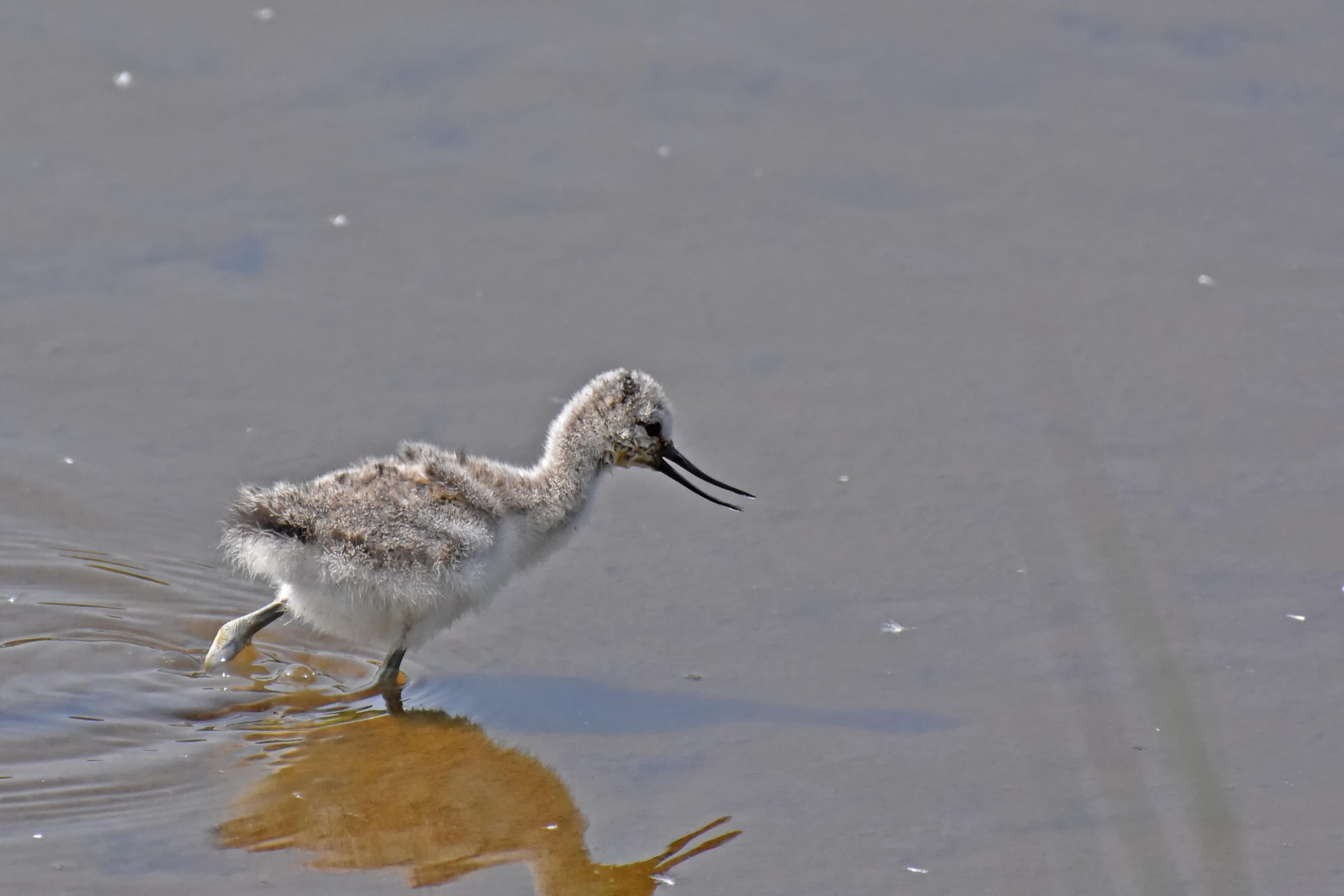 “For the avocets to return year after year is fantastic and a real conservation success story.”
“For the avocets to return year after year is fantastic and a real conservation success story.”
Avocets have only been breeding at Washington Wetland Centre since 2006, when the first ever pair was spotted. Since then numbers have steadily increased and numbers are now at an all time high.
As well as increasing nesting space for avocets, the improvements have benefitted a host of other wading bird species this season too, including regionally important lapwing and a significant local population of breeding common tern, which again have seen incredibly high numbers.
John added, “We’ve had good numbers of other waders using the island, and we’ve seen regular flocks of 200+ lapwing, which are red-listed of conservation concern and in national decline. That’s double the number of recent years.”
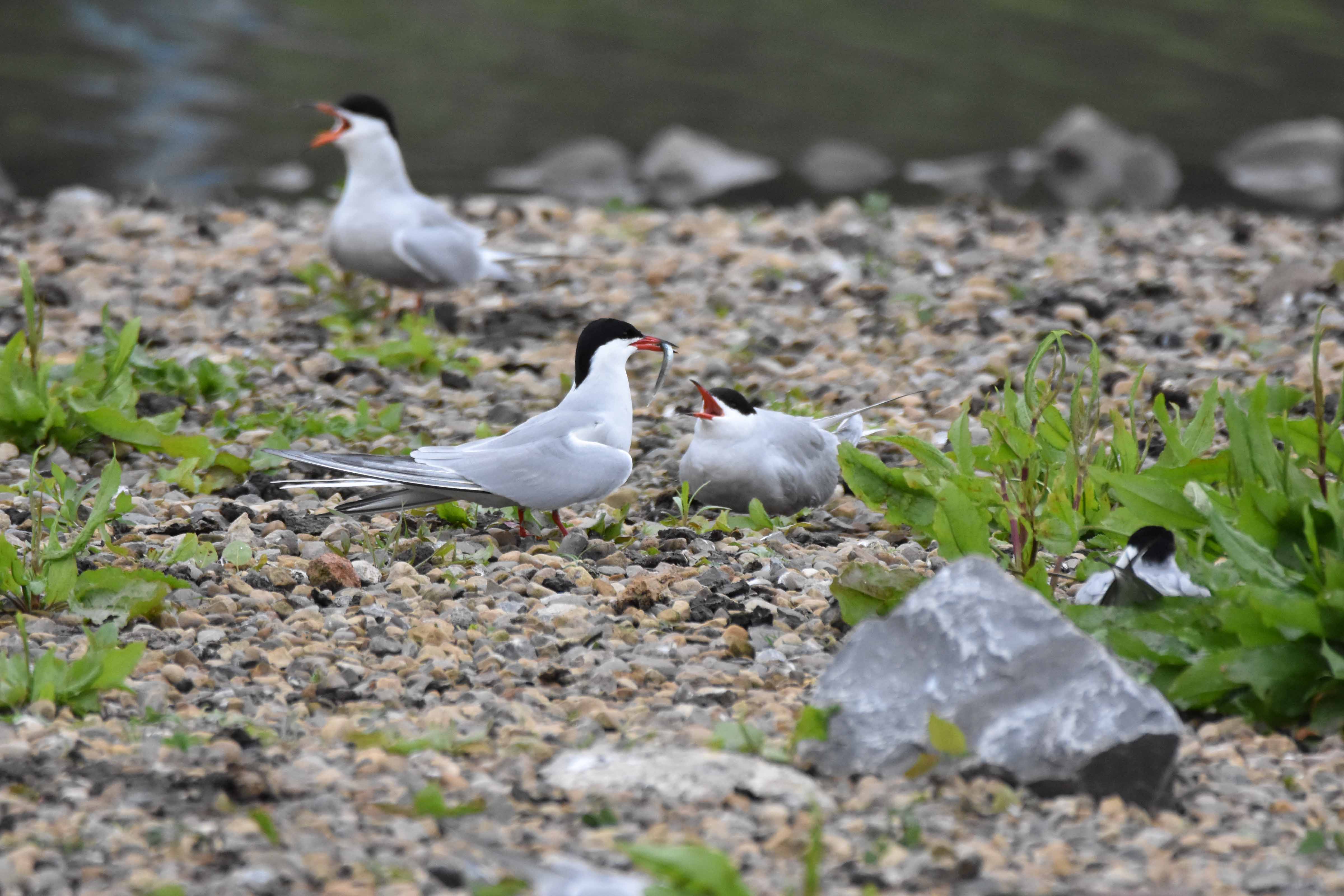 “Our site is also home to a key breeding colony of amber-listed common tern, who are feisty defenders of their territories and nests – with numbers peaking at around 82 pairs, the first brood of youngsters being seen last week. The islands have provided much more space to manage the growing population.
“Our site is also home to a key breeding colony of amber-listed common tern, who are feisty defenders of their territories and nests – with numbers peaking at around 82 pairs, the first brood of youngsters being seen last week. The islands have provided much more space to manage the growing population.
“The new islands a massive increase in protection for other birds sharing the lake, such as oystercatcher, shoveler and redshank; and there is a pair of little ringed plover that we’re hopeful will successfully breed. This year is already proving to be a very successful season for many species.”
Biffa Award is a multi-million pound fund that helps to build communities and transform lives through awarding grants to community and environmental projects across the UK (www.biffa-award.org).
Gillian French, Head of Grants, Biffa Award, said: “It’s so exciting to see avocets thriving in Washington, the return of this iconic bird is a real conservation success story, and we’re pleased that Landfill Communities Funding can be used to help support it.”
